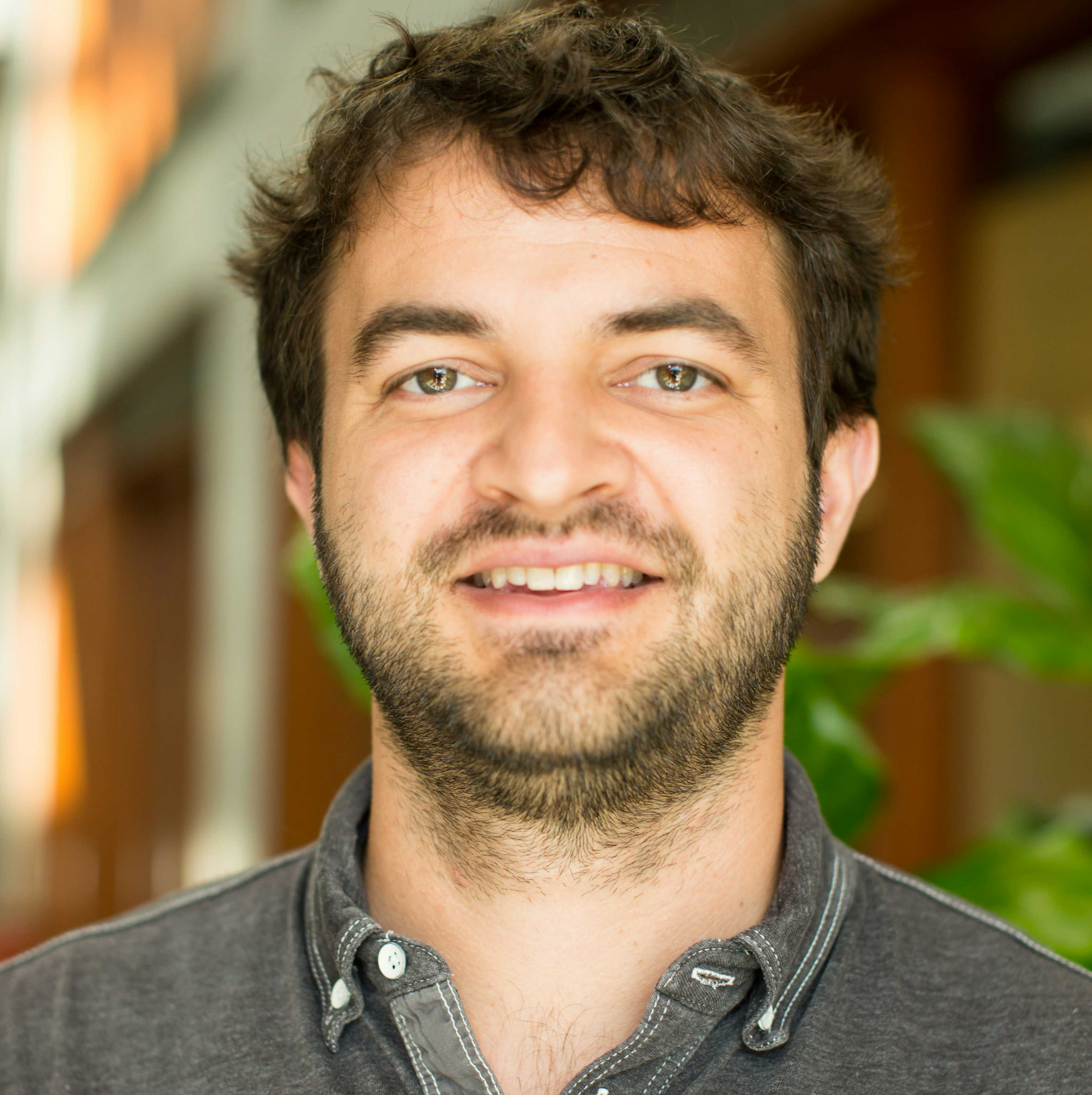
Engineering: Solving Problems Through Design
Engineers are experts in problem-solving. Regardless of their specific discipline, all engineers use a design process to scientifically identify and solve problems, drawing on both creative and analytical skills. Here’s your chance to explore the various issues that engineers address, and the ways in which the assorted disciplines collaborate for maximum impact. You will learn to “think like an engineer,” applying the design process to solve engineering problems based on realistic case studies.
Program Dates
Choose the course length that works for you: 2-week and 4-week sessions
Eligibility
For students ages 13 and up
Individual Course Fees
$1,895
Discover How Engineers Improve the World
Learn How Engineers Use Science to Solve Big Problems
Uncover how engineers solve a diverse set of problems through user-centered design. Identify various engineering disciplines and consider how engineers work together to solve big problems.
Delve into Civil and Environmental Engineering
Explore the skills required for civil and environmental engineering. Explain the tools, measurements, and methods that engineers use to identify a problem, and describe the ethical considerations.
Understand Materials Engineering
Examine how material properties and material selection influence design decisions for engineers, and explore the strategies and tools engineers use to make informed decisions.
Distinguish the Specifics of Mechanical Engineering
Understand how people interact with machines through the work of mechanical engineers. Review how engineers bring their designs to life with sketches and prototypes and develop a methodology for testing prototypes.
Determine the Intricacies of Biomedical Engineering
Explore how engineers create solutions for medical patients, and examine the regulations that ensure those solutions are safe for humans to use. Follow a case study to see the engineering design process from start to end.
Course Conclusion & Final Capstone Project
Synthesize all the information learned during the course to implement the design process for a given problem. Choose one of four options, centering on one engineering specialty.

How You Will Benefit
- Gain an understanding of four main disciplines of engineering.
- Be able to discuss how engineers use the design process to solve big problems.
- Ascertain the ways in which the assorted disciplines collaborate for maximum impact.
- Complete a Final Capstone Project to demonstrate what you’ve learned.
- Earn a Certificate of Completion from Northwestern University.
Three Learning Advantages Designed for You
Final Capstone Project
Synthesize what you’ve learned throughout the course to implement the design process for a given problem, completing each of the following stages:
- Identify and define the problem.
- Brainstorm solutions and select the best to pursue.
- Communicate the structure and function of your solution.
- Develop a plan for testing and iteration.
Mentoring
You’ll receive guidance from a mentor who can support you and answer questions as you deepen your learning experience. You can expect:
- Expertise in each course’s particular field.
- Encouragement and feedback on all assignments.
- Inspiration, motivation, and confidence to help you succeed in your studies.
Flexible Learning
- 100% online learning that works with your schedule.
- You’ll learn through engaging video lessons. Watch anytime that works for you.
- 20-30 hours of total instruction and course work, including engaging multimedia, simulations, and curated assignments for which you will receive guidance and support from mentors.
Apply Now for the Next Available Course
All course options have the same educational content, learning materials, and number of assignments. We are offering a condensed version of the course in order to accommodate students’ individual schedules.
Hear From Northwestern University
Course Designed by Northwestern Faculty

Nick Marchuk
Senior Lecturer, Department of Mechanical Engineering at the McCormick School of Engineering and Applied Science
Professor Marchuk manages the Mechatronics Design Lab at Northwestern, a space for students to design and prototype electromechanical systems. He teaches courses for hands-on experience with electronics, programming, and robotics across all fields of engineering and design.

How To Apply:
It’s easy. No transcripts or letters of recommendation are required. Just provide some basic information and tell us why you wish to take this program.
Note: Please submit all application materials in English.
Begin the guided application process. It should take only a few minutes of your time to answer the questions.
Want to Know More?
Sign up for more information and we’ll be in touch.
Admissions
Our application process is easy. You can expect a prompt decision.
Frequently Asked Questions
How will you be graded? What are assignments like? How much time do you have to turn around a project? When do you find out if you're admitted? Find answers to your questions here.
Scholarships
We offer need-based scholarships for participating students who exhibit high potential and an inability to pay the full tuition.
- If you haven’t applied to the program, apply here. After submitting your application, click “Apply for a need-based scholarship” on the confirmation page to request a scholarship.
- If you’ve already applied to the program, sign in to your Profile to check your scholarship status. If we don’t have a scholarship request on file, click “Apply for a need-based scholarship” to request a scholarship.
